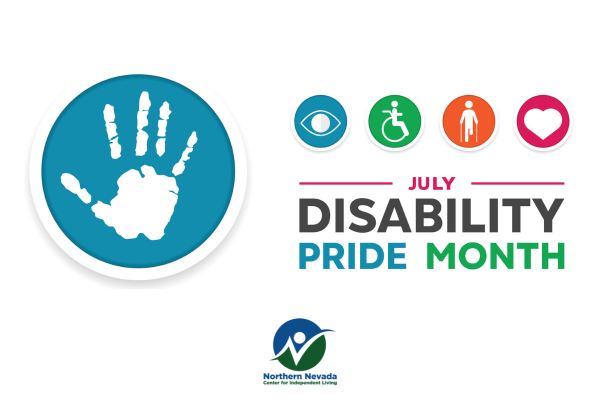As May marks Mental Health Awareness Month, it’s a good time to think about the connection between mental health and disability. Mental health is an essential component of overall well-being, yet it often goes overlooked, especially within the disability community, where it can be uniquely complex and profoundly impactful.
The Link Between Mental Health and Disability
Mental health and physical or developmental disabilities are intricately linked. People with disabilities may experience higher rates of mental health challenges due to various factors such as social isolation, stigma, and the inherent challenges of navigating daily tasks. Conversely, those with mental health conditions might encounter obstacles that can limit their physical abilities or strain their social interactions and independence.
This month, we focus on shedding light on these issues, advocating for accessible mental health services, and promoting strategies that individuals, caregivers, and communities can adopt to improve mental well-being.
Promoting Independence Through Mental Health Support
Mental health is fundamental to living independently, as managing one’s mental health can lead to greater personal empowerment and self-sufficiency.
Here are some ways we support mental health to foster independence:
- Skills Development: Programs aimed at enhancing coping skills, such as stress management, emotional regulation, and assertive communication, are critical. These skills help people face daily challenges more effectively and foster greater independence.
- Community and Social Engagement: Encouraging participation in community activities can significantly enhance mental health. Social engagement helps reduce feelings of isolation and promotes a sense of belonging and purpose.
What Can You Do?
Whether you’re a person with a disability, a caregiver, a health professional, or simply someone who wants to make a difference, there are many ways to engage:
- Educate Yourself and Others: Learning about the unique challenges and needs of people with disabilities regarding mental health is the first step towards change.
- Volunteer: Consider volunteering at organizations that support people with disabilities and older adults. Your time can make a substantial difference in their lives.
- Advocate: Use your voice to advocate for policies and practices that promote better mental health services for people with disabilities. Part of this is advocating for accessible buildings, transportation, and quality healthcare.
As we observe Mental Health Awareness Month, it’s important to remember that addressing mental health with compassion, understanding, and proactive support is crucial for empowering all people, particularly those with disabilities, to live more independently and fully. Together, we can break down barriers and build a more inclusive society that acknowledges the importance of mental health for everyone, regardless of their abilities.



